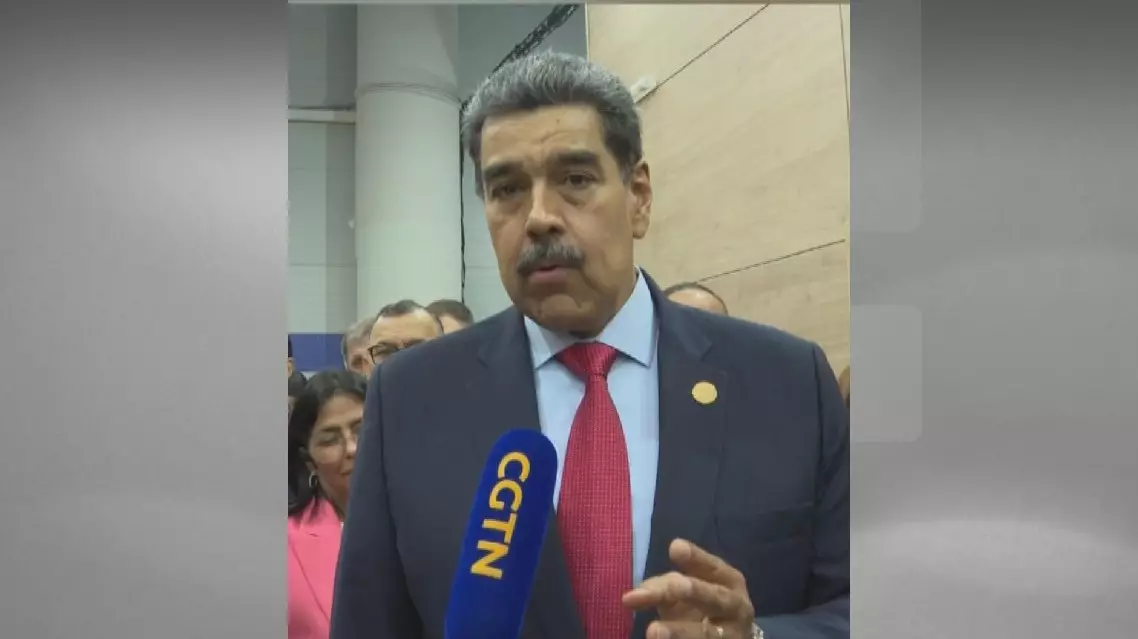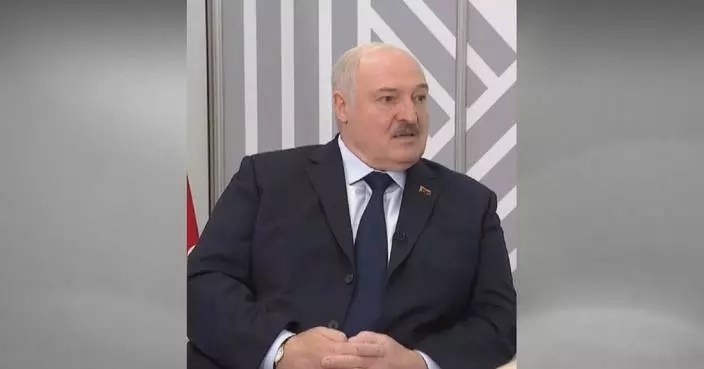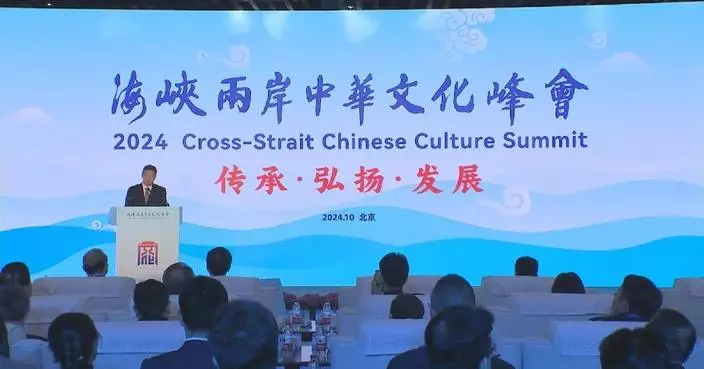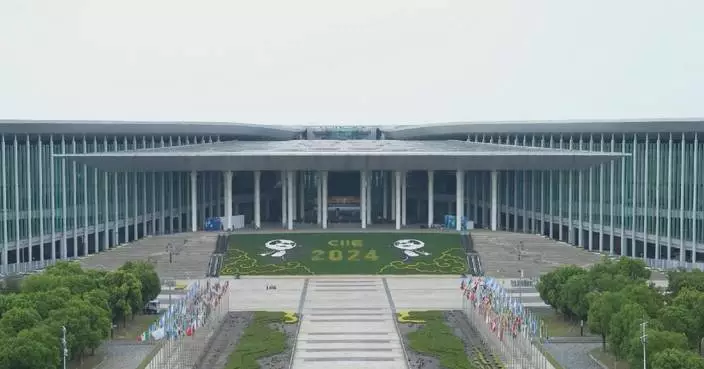Venezuelan President Nicolas Maduro commended BRICS for its importance in promoting multipolarism and international cooperation, lauding its critical role in creating a shared future for all.
Maduro made this remark during the ongoing 16th BRICS Summit, held from Tuesday to Thursday in the Russian city of Kazan.
BRICS, as the world's most important platform for solidarity and cooperation among emerging markets and developing countries, is a key pillar for promoting a multipolar world and fostering inclusive economic globalization.
"The BRICS is the epicenter of a new world, multipolar world and multicentric world, to build what President Xi Jinping described as a shared future for mankind. A world of peace is one where the economy will be for cooperation and development, not for war and blackmail," said Maduro.

Venezuelan president lauds BRICS' role in promoting multipolar world
The expansion of BRICS highlights its attraction to developing countries by offering an alternative platform which better tailored to their interests and provides a means to pursue peace and development in an independent manner, a Chinese scholar said on Thursday.
BRICS began with Brazil, Russia, India, China and South Africa, and has now evolved into an influential international cooperation mechanism with an expanded membership.
In addition, over 30 other countries have either formally applied for or expressed interest in membership.
In an interview with the China Global Television Network (CGTN), Zhang Xin, associate professor of the School of Politics and International Relations of East China Normal University, gave his assessment of the group's growing influence as leaders have been meeting in Russia's Kazan for the 16th BRICS Summit, which will conclude on Thursday.
Zhang noted that the term 'BRIC' was initially coined in 2001 by Jim O'Neill, former chief economist at Goldman Sachs, as an investment concept referring to emerging market economies of Brazil, Russia, India and China, before South Africa was included in the group later.
Following last year's expansion, the BRICS grouping now represents approximately 30 percent of global GDP, nearly half of the world's population, and one-fifth of global trade, and Zhang said the expanded BRICS has now gone far beyond its original mission and is becoming more relevant in today's world.
"That period for BRICS is completely over, now the current expanded BRICS completely goes beyond the original connotation or intention of creating this acronym. So, it has gained its own life, its own legitimacy, it's own relevance in an increasingly difficult and challenging international system," he said.
Zhang believes more countries in the Global South are becoming interested in joining BRICS as they look to find a platform which better caters to their own development interests against a tumultuous global backdrop.
He said that in a world that has become more volatile and politically confrontational in the past few years, BRICS' emphasis on peace and development is now even more valuable than before for emerging markets.
"The most important attraction, as we already discussed, is that BRICS in this current geopolitical context, offers an extremely valuable alternative platform, a platform of an independent agency, a platform of peace and development, a platform that's particularly tailored to the interests and demands of emerging markets and developing countries. I think this is the ultimate attraction for BRICS to a large part of the world," he said.

BRICS offers alternative platform better tailored to developing countries' interests: Chinese scholar










